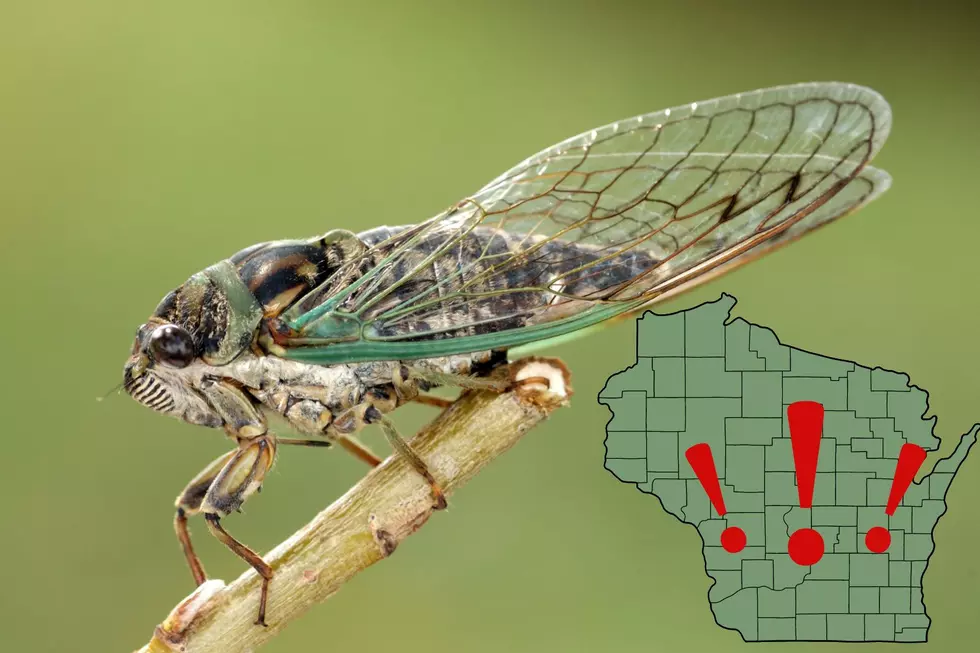
Wisconsin DNR Slashes Wolf Quota, Season Could Be In Jeopardy
It's a reversal in numbers that could be a moot point if a pending lawsuit is successful.
The Wisconsin Department of Natural Resources has decided to reduce the quota numbers for the upcoming wolf hunt season - from the previously announced 300 to 130. The announcement surprised some, as the Wisconsin Natural Resources Board had earlier suggested the higher number and many expected the DNR to follow suit.
By law, the Wisconsin DNR has the final say in what will occur during a wolf hunt. According to an article in the Superior Telegram, DNR officials reiterated that authority, saying that they are "authorized by the state statute and the department's rules to make the final decision on the quota".
Sarah Hoye, the Communications Director for the Wisconsin Department of Natural Resources elaborated:
"We are required by statute to manage Wisconsin wildlife scientifically. We applied the best available science to achieve the objective of no change to the population until a new management plan is complete. We considered input from the Wolf Harvest Advisory Committee, as well as from the Natural Resources Board. Although the board voted to have a wolf harvest quota of 300, again, state statute and department regulations authorize the department to make the final decision on the quota and the number of licenses."
Under the plan, 74 of the 130 quota would be available for state-licensed hunters; the remaining 54 would be available for Native American hunters. To achieve the quota of 74 wolfs, the Department of Natural Resources used statistic probability along with previous records to determine that they'll issue 370 state licenses. Those licenses will go on sale on October 25.
However, the entire wolf hunt season in Wisconsin could end up being a moot issue if a lawsuit that's pending in federal court is successful. Six Native American Bands in Wisconsin have asked the federal judge in Madison to "block the state wolf hunt that the bands say was organized in violation of their federal treaty rights".
The group of Native American Bands hopes that the judge will issue a temporary injunction on the hunt, halting it until "the larger issues can be settled".

Much of the dispute centers around the removal of gray wolves from the federal endangered species list back in January. The removal puts the regulation and management of the wolf population back in local and state hands. Wolf supporters suggest that this opens the possibility of "too much wolf killing", which could lead to the wolves back towards extinction.
How To Prep For Winter During The Summer
Signs Of Fall In The Northland
10 Reasons You Should Love Winter In The Northland
KEEP READING: See how animals around the world are responding to COVID-19
More From B105









